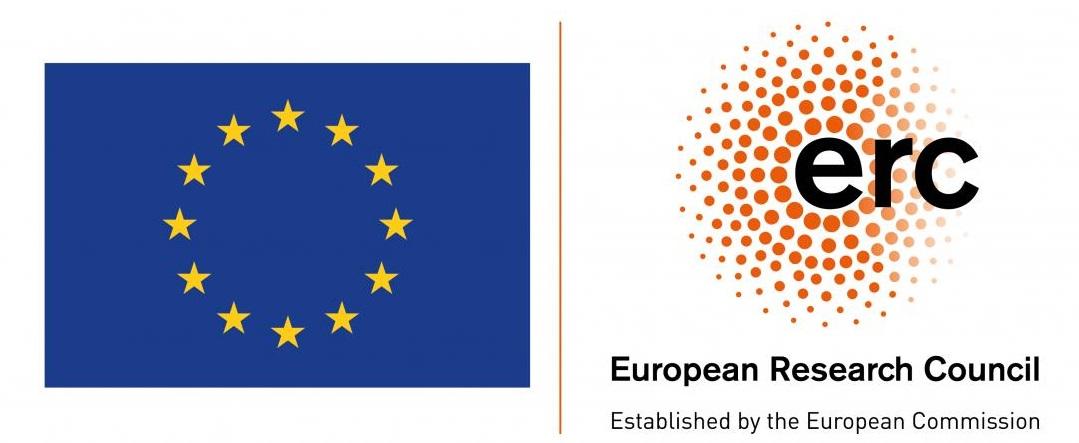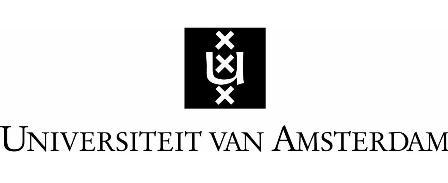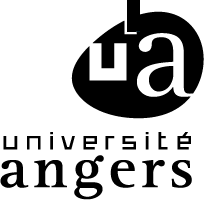- International
- Recherche
Appel à communications pour un colloque "Cooperations across religious and ethnic boundaries in the study of the Qurʾan”
Colloque international intitulé : “Cooperations across religious and ethnic boundaries in the study of the Qurʾan”
Dans le cadre de l'ERC Synergy Grant "The European Qur'an", Professeur Gerard Wiegers de l'Université d'Amsterdam organise un colloque international les 6 et 7 mars 2025.
L'Appel à communication est ouvert jusqu'au 1er septembre 2024.
Lire l'Appel en anglais ci-dessous :
The study of the Qurʾān in Europe took place in an interreligious and interethnic context. Sometimes the Quran was studied within particular religious communities: Jews, Christians, Muslims, and later- groups and individuals who did not identify as religious, but rather as secular or spiritual. This workshop examines how the Qur’an was studied between different religious groups and individuals. Well known examples are the enigmatic Muslim solely known as Muhammad who participated in the Ketton translation in the 12th century, the anonymous Muslim slave teaching Arabic to Ramon Llull in the thirteenth century, the Mudejar Isa Gidelli who cooperated with Juan de Segovia in fifteenth-century Savoy, Nicolas Clenardus and the enslaved Tunisian scholar Kharuf, and Juan Gabriel, the convert Juan Andrés, Egidio da Viterbo and Martín de Figuerola in early 16th-century Spain and Italy. But we may also think of captive Turks and enslaved Muslims collaborating with Central European scholars and the cooperations between Christians and Tatars in early nineteenth-century Vilnius.
How did such encounters come about? Who determined places and times? What was voluntary collaboration and what was done under duress? Who decided in such settings about the process, which sorts of texts were used (e.g. tafsīr, asbāb al-nuzūl, polemical sources)? What were the social and political fields in which these encounters took place? What can be said about the agency of the participants? What were the written results of such encounters? What is the meaning of such encounters for our general understanding of the place of the Qur’an in the cultural history of Europe between the Middel Ages and the middle of the nineteenth century?
Those interested are kindly asked to send a preliminary title, an abstract of max. 300 words and a short CV of max. 200 words to: Gerard Wiegers, mail: G.A.Wiegers[a]uva.nl before 1 September 2024.
L'Appel à communication est ouvert jusqu'au 1er septembre 2024.
Lire l'Appel en anglais ci-dessous :
The study of the Qurʾān in Europe took place in an interreligious and interethnic context. Sometimes the Quran was studied within particular religious communities: Jews, Christians, Muslims, and later- groups and individuals who did not identify as religious, but rather as secular or spiritual. This workshop examines how the Qur’an was studied between different religious groups and individuals. Well known examples are the enigmatic Muslim solely known as Muhammad who participated in the Ketton translation in the 12th century, the anonymous Muslim slave teaching Arabic to Ramon Llull in the thirteenth century, the Mudejar Isa Gidelli who cooperated with Juan de Segovia in fifteenth-century Savoy, Nicolas Clenardus and the enslaved Tunisian scholar Kharuf, and Juan Gabriel, the convert Juan Andrés, Egidio da Viterbo and Martín de Figuerola in early 16th-century Spain and Italy. But we may also think of captive Turks and enslaved Muslims collaborating with Central European scholars and the cooperations between Christians and Tatars in early nineteenth-century Vilnius.
How did such encounters come about? Who determined places and times? What was voluntary collaboration and what was done under duress? Who decided in such settings about the process, which sorts of texts were used (e.g. tafsīr, asbāb al-nuzūl, polemical sources)? What were the social and political fields in which these encounters took place? What can be said about the agency of the participants? What were the written results of such encounters? What is the meaning of such encounters for our general understanding of the place of the Qur’an in the cultural history of Europe between the Middel Ages and the middle of the nineteenth century?
Those interested are kindly asked to send a preliminary title, an abstract of max. 300 words and a short CV of max. 200 words to: Gerard Wiegers, mail: G.A.Wiegers[a]uva.nl before 1 September 2024.


Mis à jour le 31 mai 2024.





